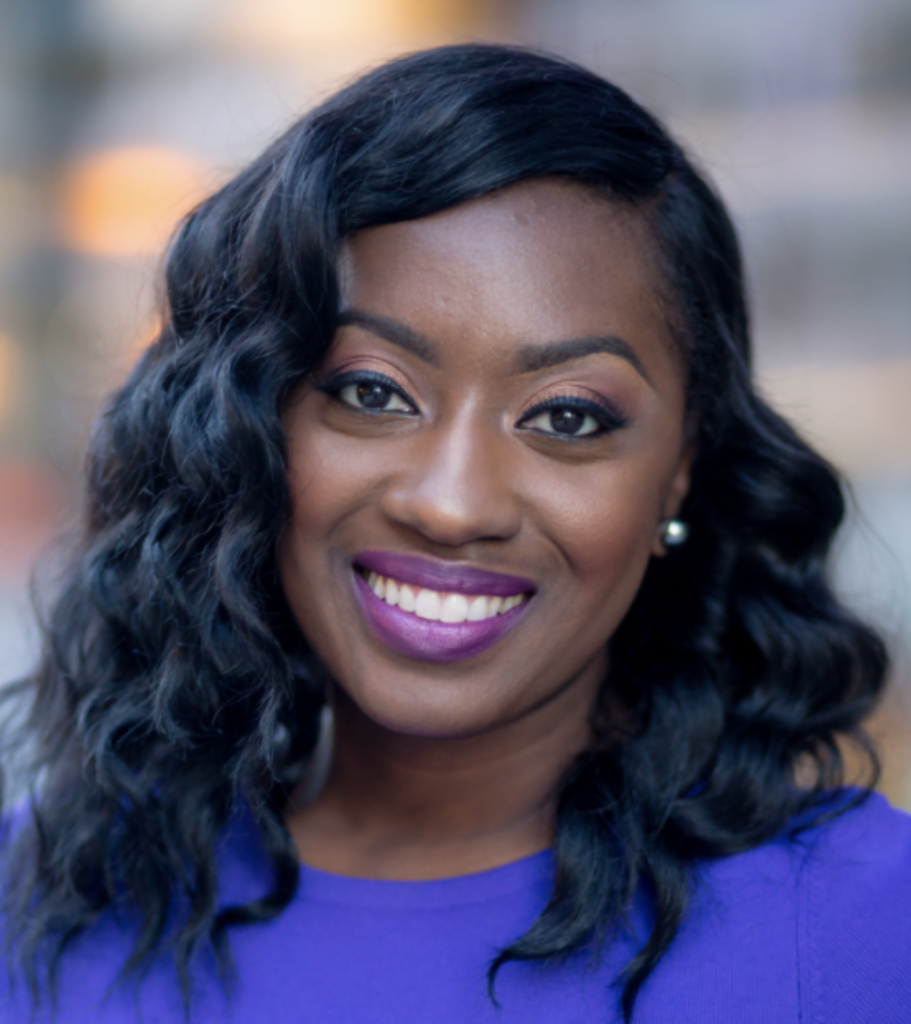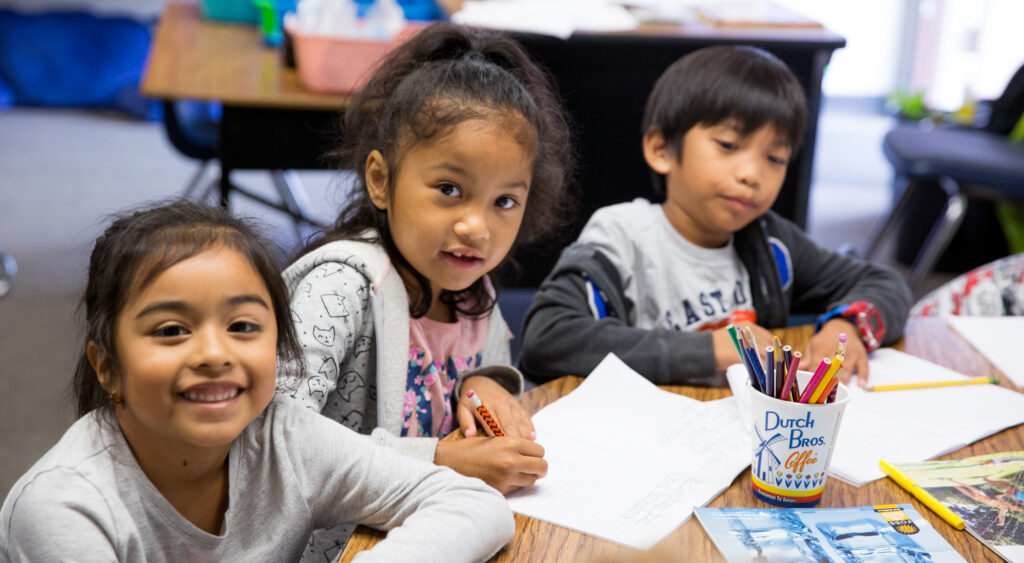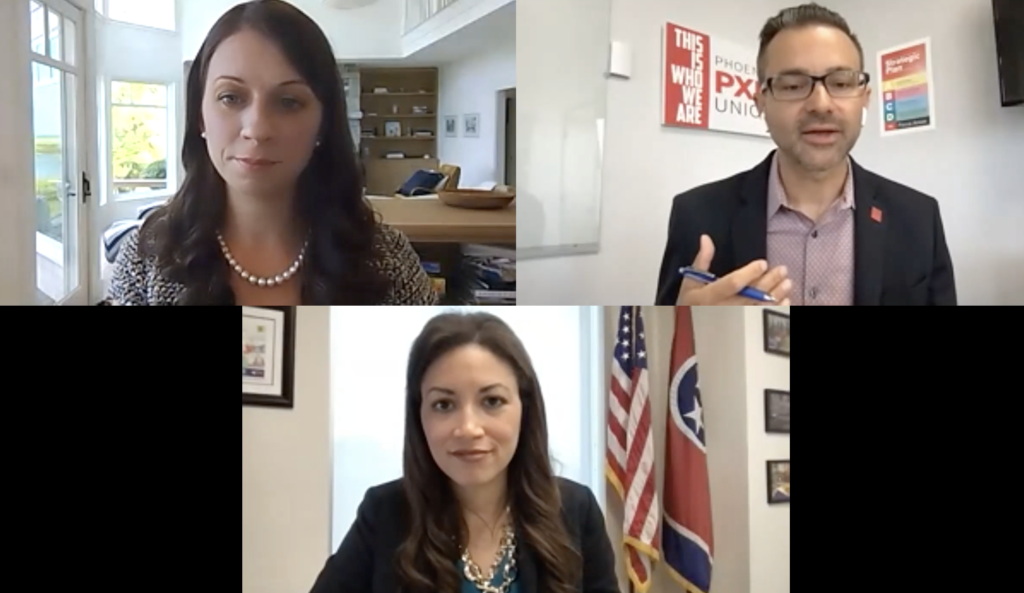NewSchools Summit 2016 officially began this morning with an inspirational opening plenary. Two young women — one Latino and one Black – stepped onto the stage, and beneath a single spotlight shared the stories of their educational journeys.
NewsSchools CEO Stacey Childress followed the students and set the tone for the day with powerful opening remarks. Addressing more than 1,000 attendees in the ballroom, Stacey said the plenaries are really going to push them to explore issues of race, equity and education. Summit sessions are intended to prompt attendees to wrestle with complex, unresolved issues and consider really tough questions. She noted that while 90 percent of 8th graders want to attend college, only 30 percent graduate ready for college. Only 17 percent of low-income students are ready, and 9 percent actually graduate from college 10 years after 8th grade.
Yet, she is still optimistic about the possibility of creating more seats in high-performing schools – and working together to create an expanded definition of student success. After showing a video of Ingenuity Prep, a high-performing school supported by NewSchools, Stacey introduced Dr. Manuel Pastor.
An expert on demographics and social movements, Dr. Pastor shared compelling stats on what the New America looks like. The population of whites is shrinking at nearly the same rate Latinos are growing. The Next America is multi-cultural, and America must better meet their needs. He noted that half of Blacks and Latinos are concentrated in high poverty schools.
Dr. Pastor also discussed how today’s movements are willing to work with other movements, building ecosystems rather than empires. They seize moments and transform them into a bigger policy agenda. People find their identities in these movements and make change through projects, policy and power. He has studied how successful movements are not just focused on one question. They use a broader vision and frame, and the movement must have an authentic base in key constituencies. The movement must also have a commitment to the long haul and have an underlying economic model. He concluded by challenging us to tell the real American story about individuals…about policies…about movements.
Closing out the morning plenary, Mark Fraley moderated an emotional discussion with Dr. Pastor, along with Brittany Packnett from the Black Lives Matter movement and Jose Patiño from the DREAMer movement. Some of their key points were:
Brittany:
- My racial and cultural identity was challenged in academia, but reaffirmed at home.
- We must have culturally responsive pedagogy to serve diverse student populations.
- If movements are not being led by the people affected, it’s not a movement. It’s folks with privilege who have an agenda.
Jose:
- We went from being undocumented and afraid to being part of a bigger movement for full recognition of human dignity.
- Change doesn’t happen without conflict. The hero became the villain when Obama Administration began deporting my people. We had to mobilize and confront our friend.
- There is power in being vulnerable.
Mark:
- A recently published white paper by the moderator is available here.
Manuel:
- There is not one silver bullet that will change things in education. There are big, complex structures designed so people don’t succeed. We have to change those systems.


